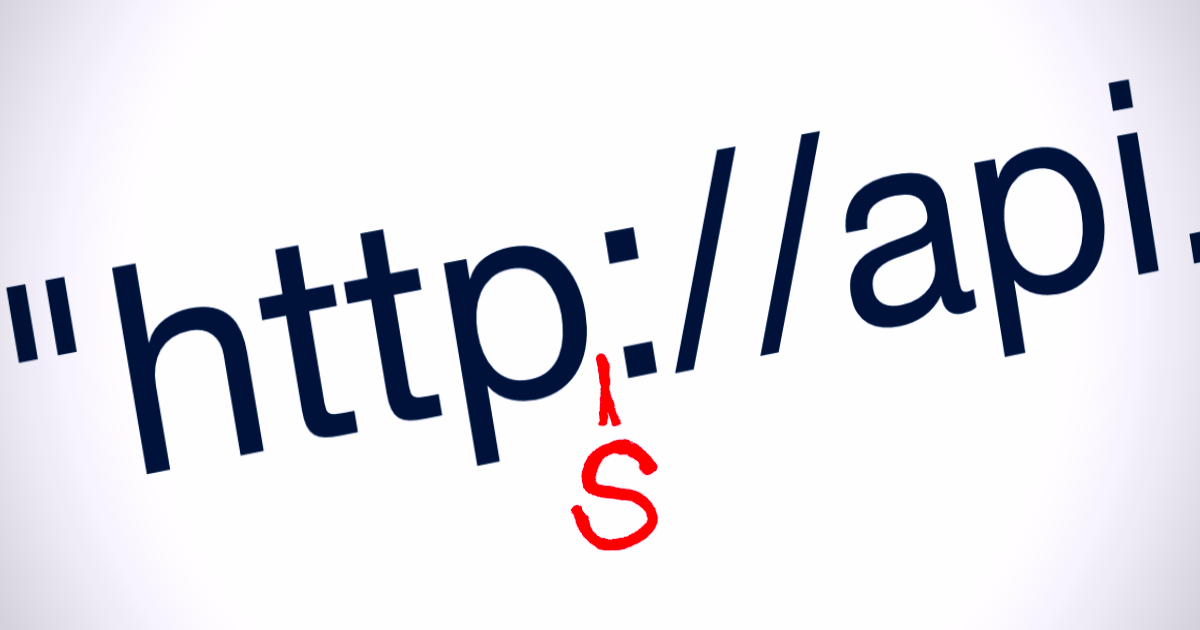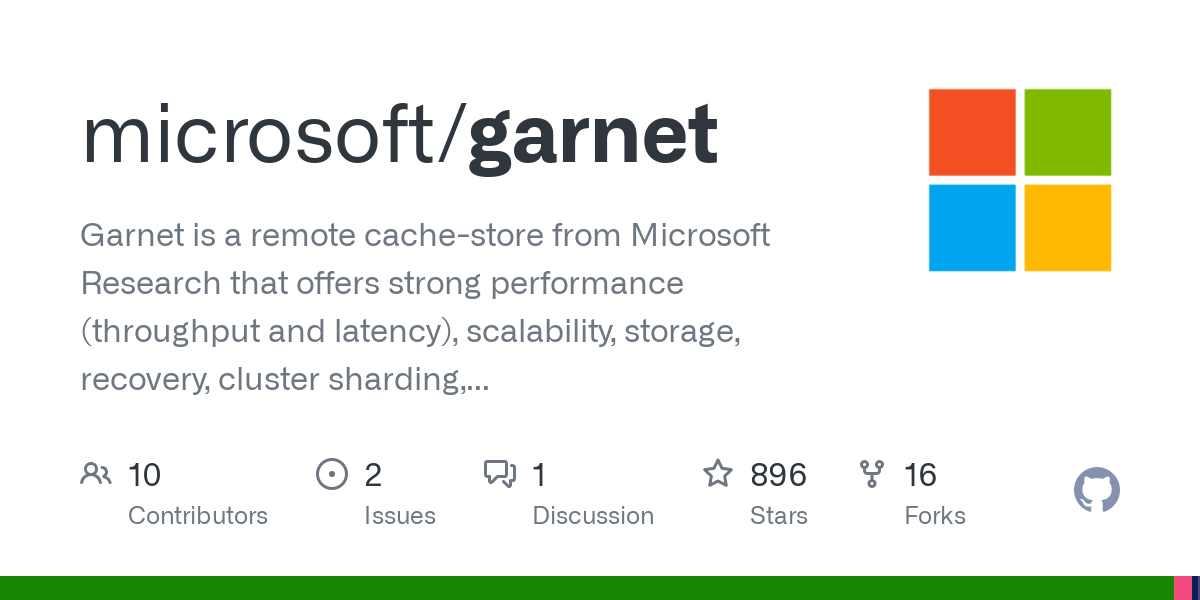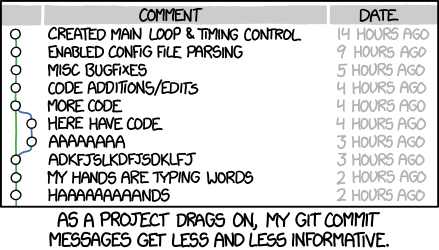Mastodon: @canpolat@hachyderm.io
- 49 Posts
- 30 Comments

 3·1 year ago
3·1 year agoI think you are highlighting an important point that are missed by other commenters emphasizing the developer. I prefer GPL over MIT license. But this is a possible fallback if Redis decides to change its licensing (like several others did).
I think these kind of products have strategic significance for MS for their Azure offering. They are probably preparing to offer this there (in addition to and as an alternative to Redis). So, it makes sense for Microsoft to release this with an OSS license (otherwise no one will adopt it).

 17·1 year ago
17·1 year agoWho is this particular developer
As far as I understand from the discussions about the topic, Maxim Dounin was one of the few core developers of nginx. Looks like Wikipedia has already been updated.

 1·1 year ago
1·1 year agodeleted by creator

 1·1 year ago
1·1 year agoPossibly. My point is: despite having a common subset Pkl and JSON schema doesn’t seem to be solving the same problems. But, I’m just learning about it, so I may just be wrong.

 3·1 year ago
3·1 year agoI just learned about Pkl, so take this with a grain of salt. JSON Schema and Pkl seem to have some overlap. But JSON schema is not specifically designed for handling configuration and Pkl supports other formats like YAML.

 51·1 year ago
51·1 year agoThis looks really interesting. Getting type safety and editor support to configuration may change quite a bit of how things are done. I don’t know if it will gain traction, but if it does, it may really help bringing some long awaited structure to all those YAML files. There appears to be examples specifically for Kubernetes (https://github.com/apple/pkl-k8s-examples).
I wasn’t aware of that. I guess it was thought to be a mod driven community. Anyway… Cool question. I hope we will see some creative solutions here.
Please also consider posting to !challenges@programming.dev

 2·1 year ago
2·1 year agodeleted by creator

 3·2 years ago
3·2 years agoAre you interested in working on a text editor? If so, I have an idea I plan on implementing myself for fun: a clone of HeyNote with some added functionality. HeyNote is a simple buffer that consists of blocks. It’s useful when you just want to note a simple block of text (an SQL query, log output, test data) but you are not interested in structuring it. What HeyNote lacks is the ability to add title and tags to blocks. It’s not an alternative to other note taking applications. It is just a buffer with unrelated blocks in it.

 3·2 years ago
3·2 years agoPlease consider posting language specific questions to language specific communities in the future. For example, !c_lang@programming.dev

 3·2 years ago
3·2 years agoThanks for sharing. This looks really low level. The advantage of PlantUml and Mermaid is that they are supported by many systems. So, integration is a non-issue.

 4·2 years ago
4·2 years agoI agree that this is a challenge. One needs to slice the domain such that it can be covered this way. But this also means more people. In my experience, moving from “activity oriented” teams to “business centric” teams require an increase of the headcount.

 41·2 years ago
41·2 years agoYeah, I don’t know if it’s a bug or a feature. I got a similar problem before with one of my posts. I think a workaround would be to post it as a link and paste the image in the
Body.

 6·2 years ago
6·2 years ago-1 is what you get back from fork() when it fails. Normally, it returns a pid_t which is positive if you’re the parent, or zero if you’re the child.
-1, when handed to kill() on Linux, means “target every process but myself and init”. Therefore, when you take the return value from fork(), fail to check for an error, and later hand that value to kill(), you might just kill everything else on the machine.
Great story.

 8·2 years ago
8·2 years agoIn 2014 Robert Martin claimed that number of developers doubles every 5 years and says:
As long as that growth curve continues there will not be enough teachers, role models, and leaders. It means that most software teams will remain relatively unguided, unsupervised, and inexperienced. […] It means that the industry as a whole will remain dominated by novices, and exist in a state of perpetual immaturity.
Not sure if the data can be confirmed or not, but if that’s the case it will be difficult to maintain the best practices in our industry.












I would stay away from YAML (almost at all costs).